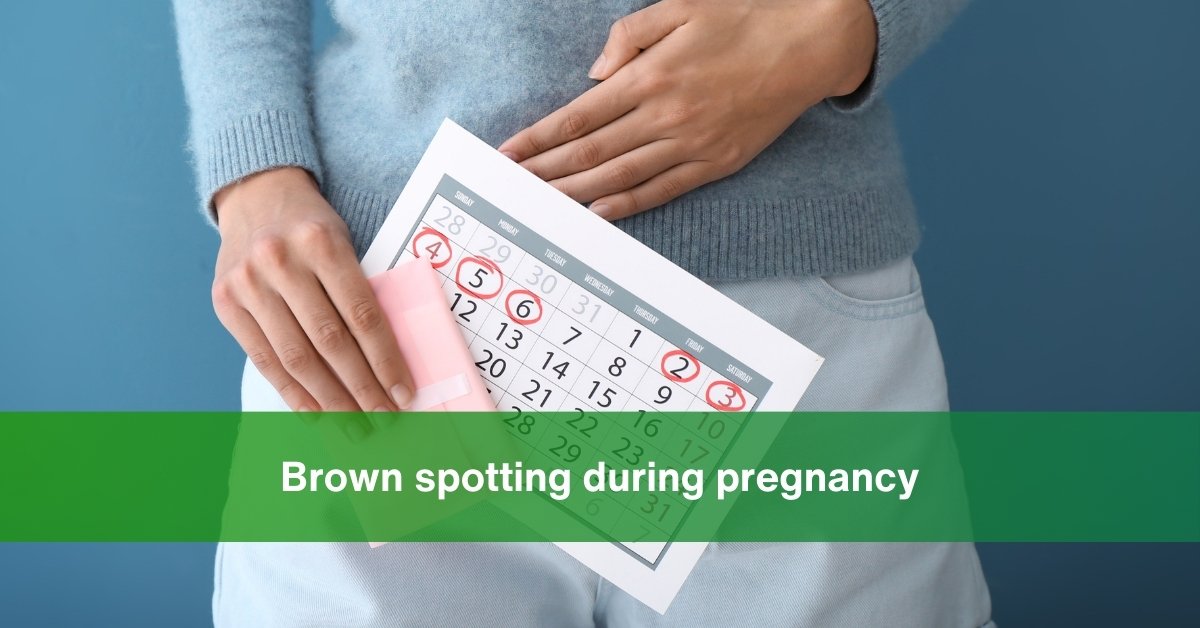Table of Contents
ToggleIntroduction:
Pregnancy is an exciting journey, but it can also cause fear and anxiety when the mother faces issues like bleeding or spotting during pregnancy.
Although spotting in the first trimester of pregnancy is completely normal, it is important to consult with a gynecologist and get yourself tested to ensure that the pregnancy is progressing safely.
Brown spotting is something that is common during the first trimester. In this article, let’s briefly discuss brown spotting during pregnancy.
Brown Spotting during Pregnancy
Brown vaginal discharge is a common sign of pregnancy that is experienced in the early stages of pregnancy.
But brown discharge in the later stage of pregnancy could also mean that labor is nearing.
Hence, it is important to consult with a gynecologist and be aware of the reason behind the brown discharge.
Causes of Brown Spotting during Pregnancy
Apart from early pregnancy and labor, there are other reasons for brown discharge during pregnancy to occur. They could be due to:
1. Implantation bleeding
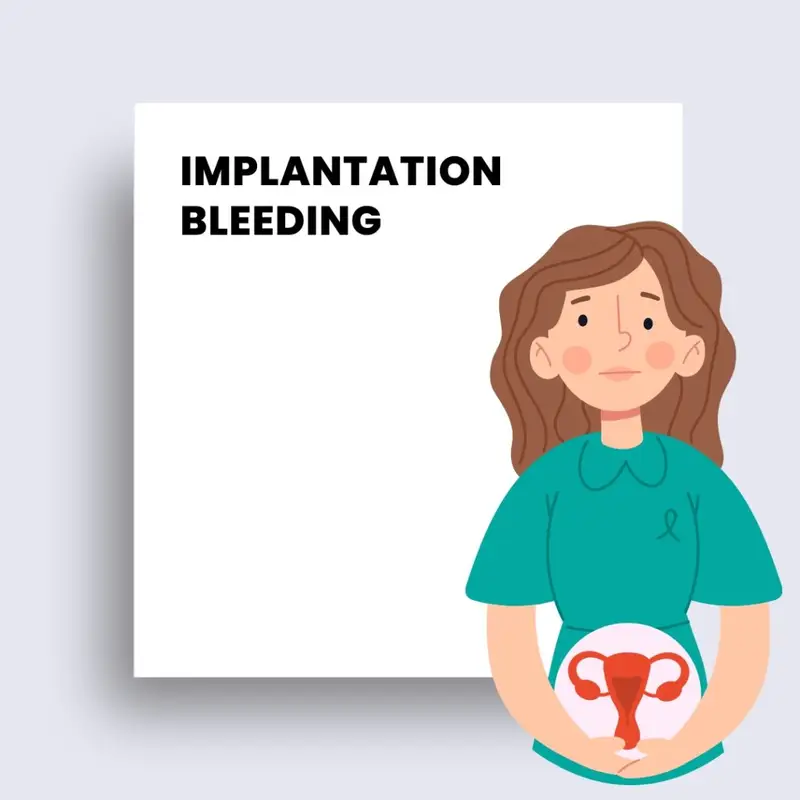
Implantation bleeding is the discharge of a small amount of blood, typically brown or pink. It happens around 10 days after conception, indicating pregnancy. Brown spotting during implantation is common and is not something to be worried about.
2. Carrying multiple babies
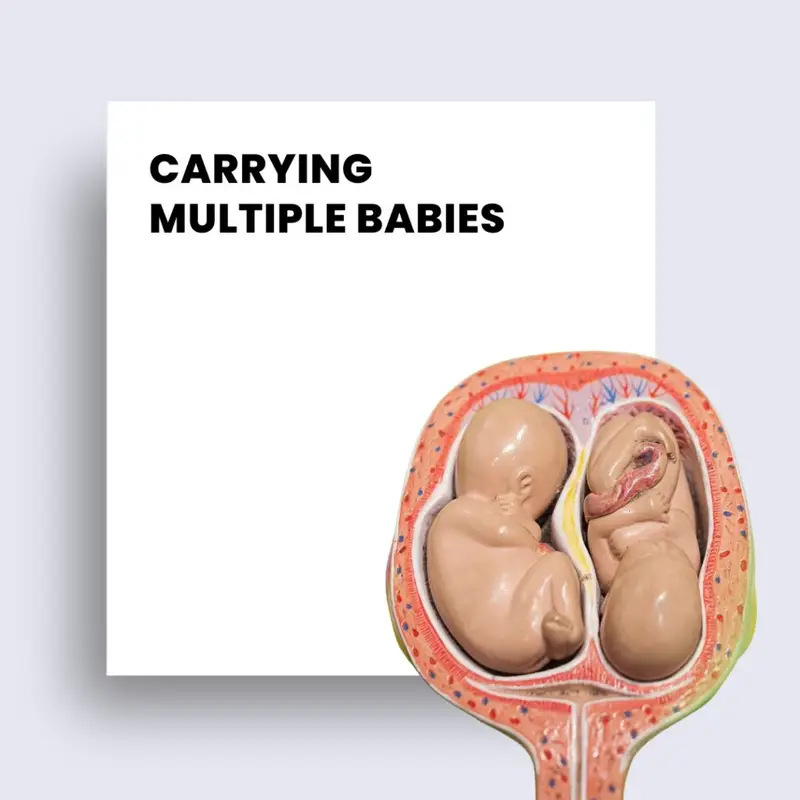
If a woman is pregnant with multiple babies, such as twins and triplets, it is common for them to have brown spotting while pregnant.
3. Miscarriage
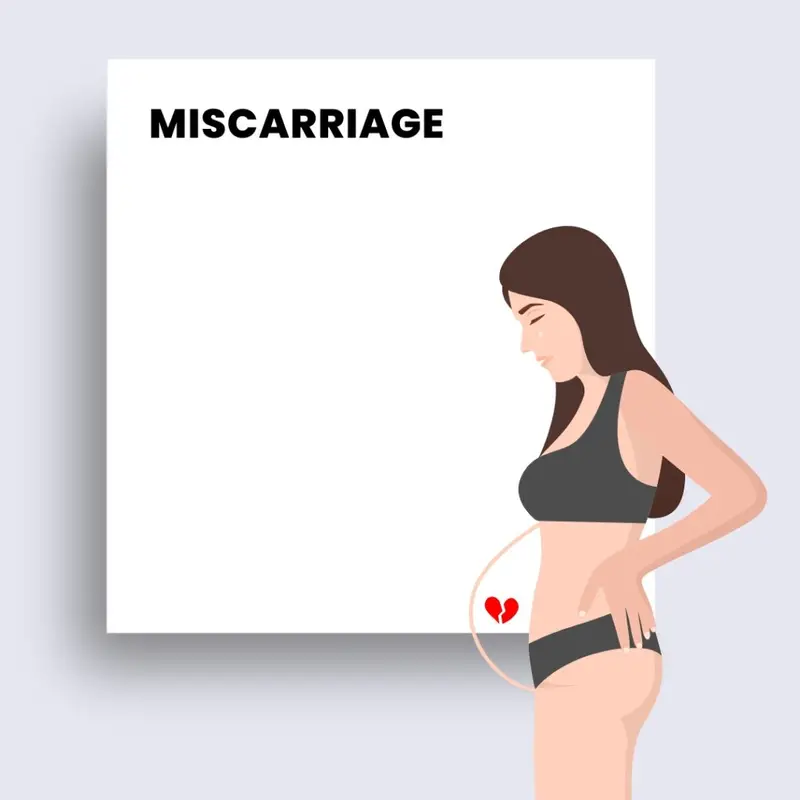
In some cases, brown discharge can also mean miscarriage or pregnancy loss. But this will not be the only symptom of miscarriage. Slowly, the brown discharge might turn into fresh blood loss and other symptoms.
4. Ectopic pregnancy
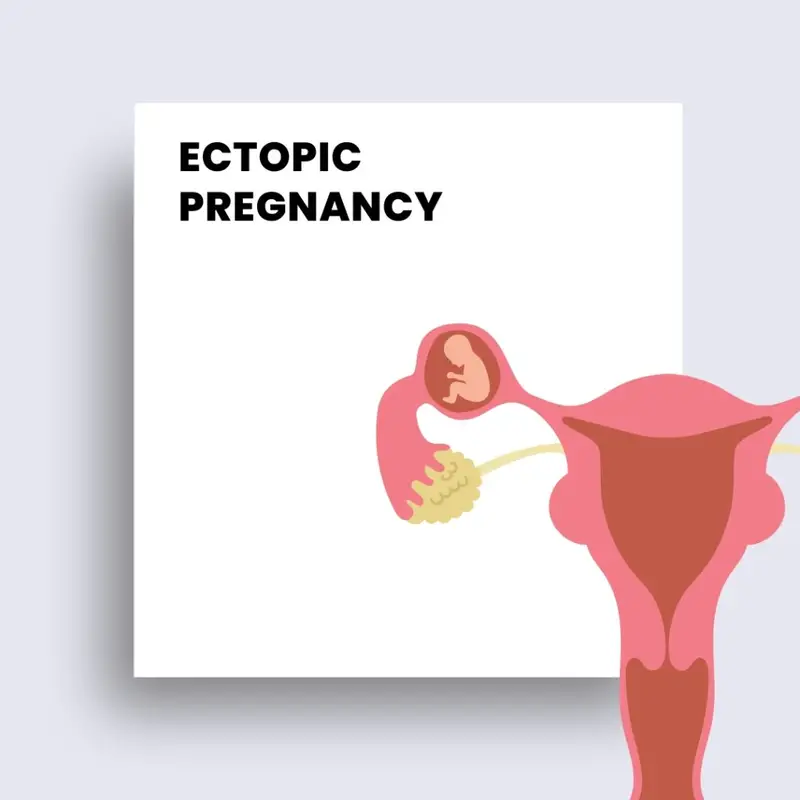
Brown spotting during pregnancy can sometimes also be due to an ectopic pregnancy.
Ectopic pregnancy happens when the fertilized egg grows outside the uterus, typically in the fallopian tube.
Ectopic pregnancy is a serious issue, and it requires immediate medical attention.
5. Cervical polyps
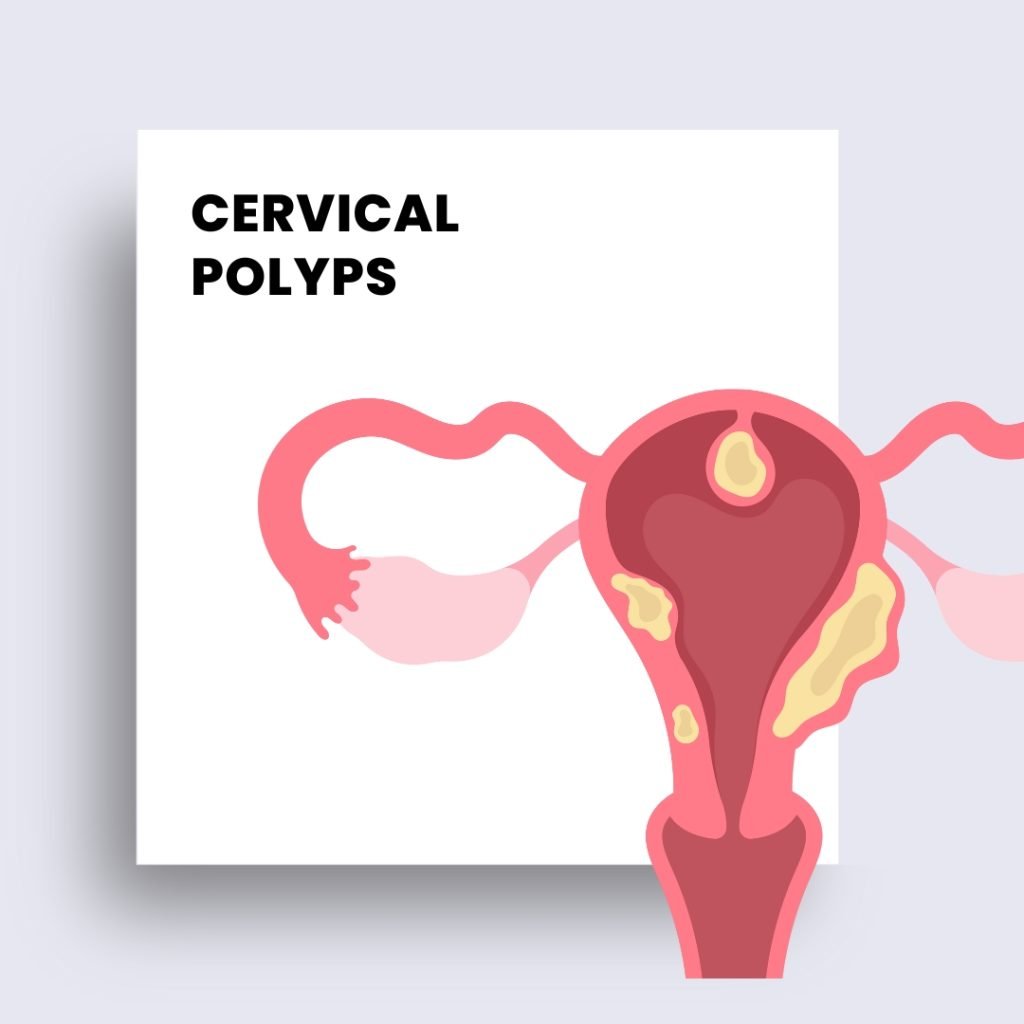
Higher blood circulation in the cervix region during pregnancy can cause polyp growth to occur. These polyps can sometimes bleed and cause brown spotting during pregnancy. Healthcare experts suggest not removing the polyps during pregnancy unless they are severe.
6. Molar Pregnancy
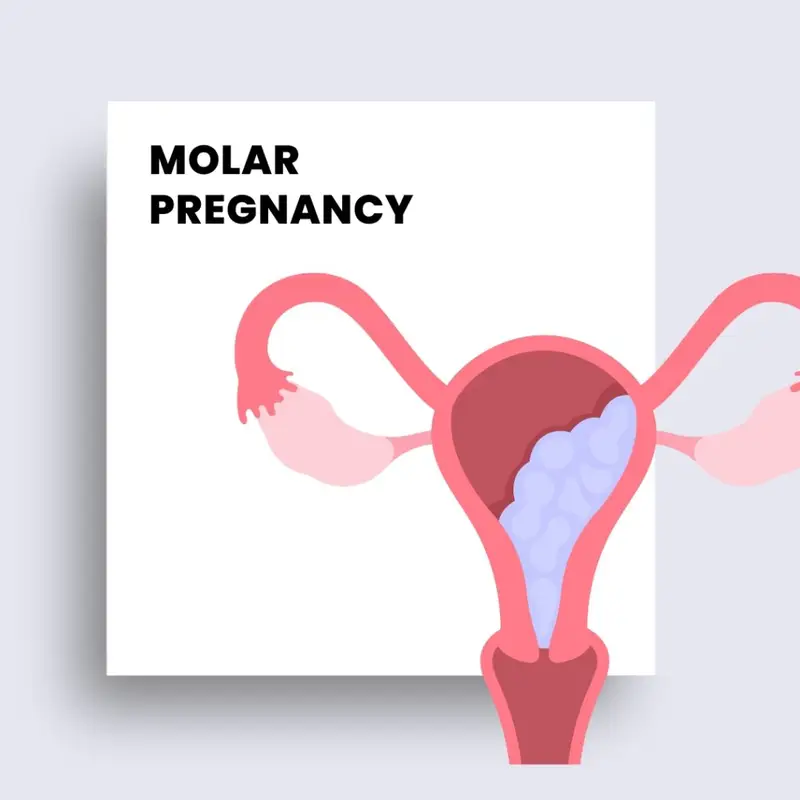
Molar pregnancy is a rare complication where there is an unusual growth of cells called trophoblasts. These cells grow in water-filled sacs.
But unfortunately, molar pregnancies cannot be sustained, and the cells must be removed.
Although most molar pregnancies are non-cancerous, there is still a small possibility for them to become cancerous if the cells aren’t removed.
7. Subchorionic hemorrhage
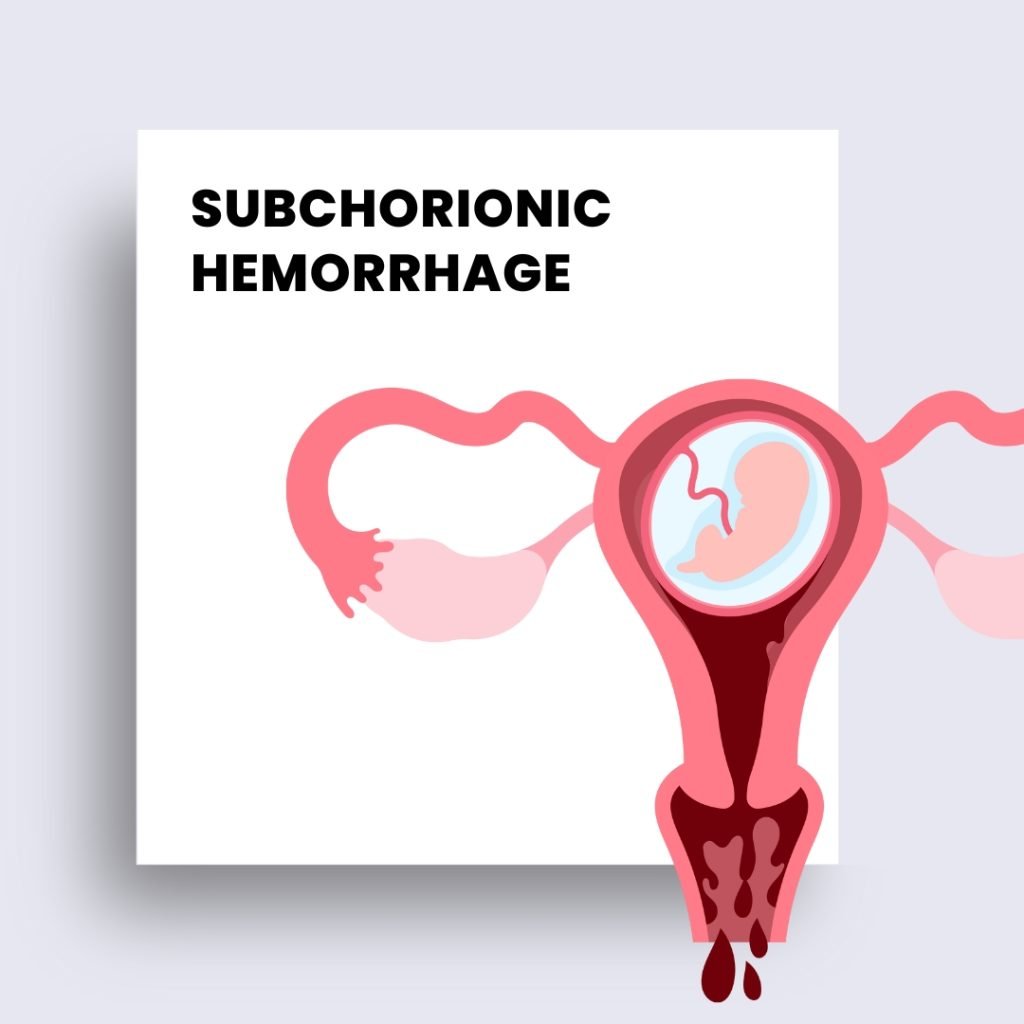
Subchorionic hemorrhage is a rare complication where bleeding occurs beneath the chorion membrane, which confines the embryo in the uterus.
It occurs because of the partial detachment of the chorion membranes from the uterus wall.
8. Infection
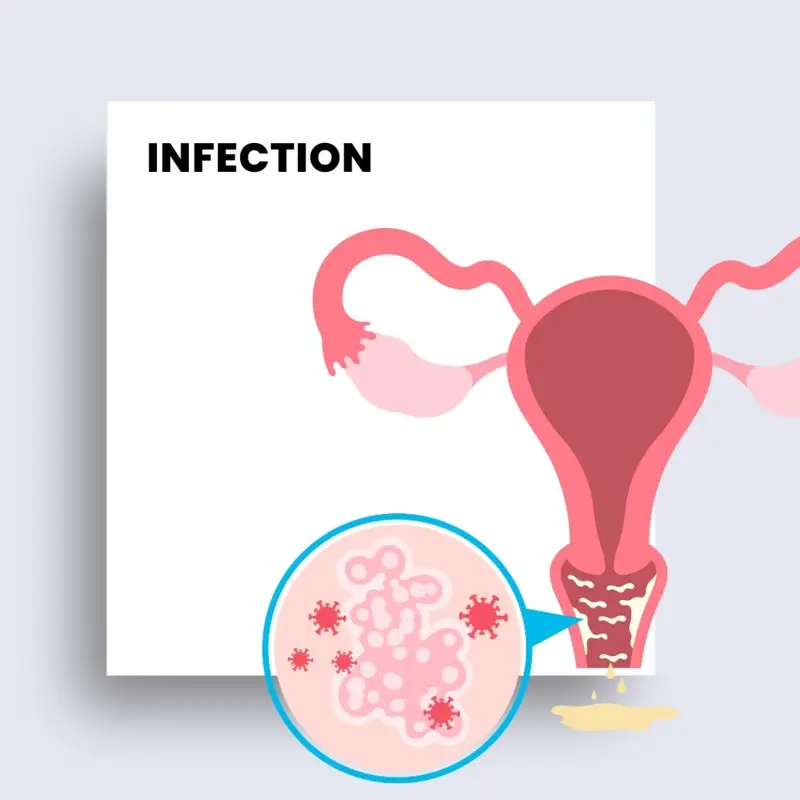
Sexually transmitted infections and urinary tract infections can also lead to brown spotting or discharge during pregnancy.
It is important to consult with a gynecologist and treat the infection.
9. Cervix problems
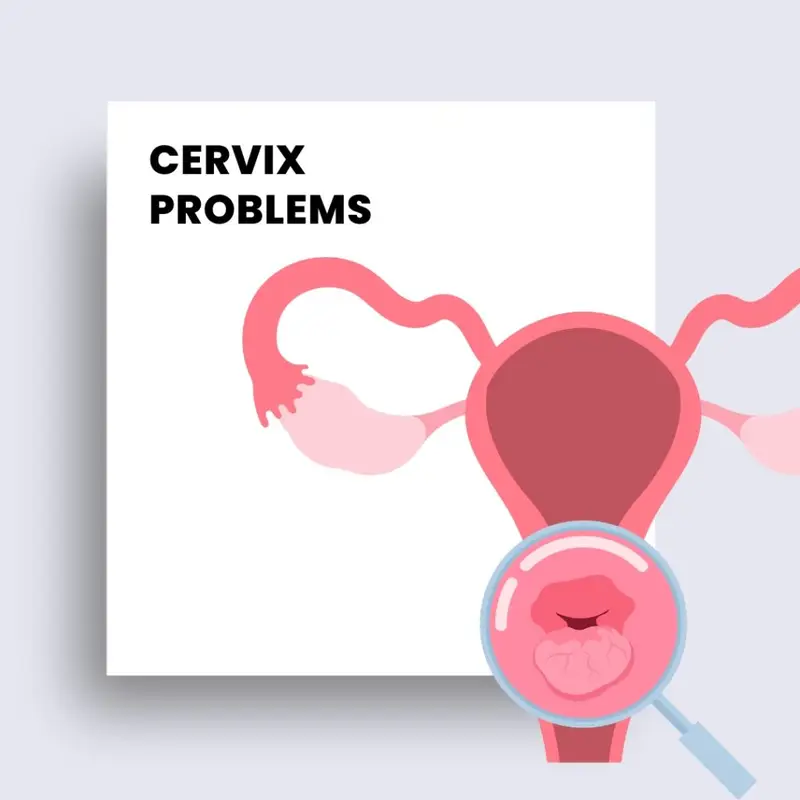
Issues in the cervix, including a weak cervix and a short cervix, are a pregnancy complication that can even cause preterm labor.
Women with cervix issues are more likely to have brown spotting during pregnancy.
10. Placental abruption
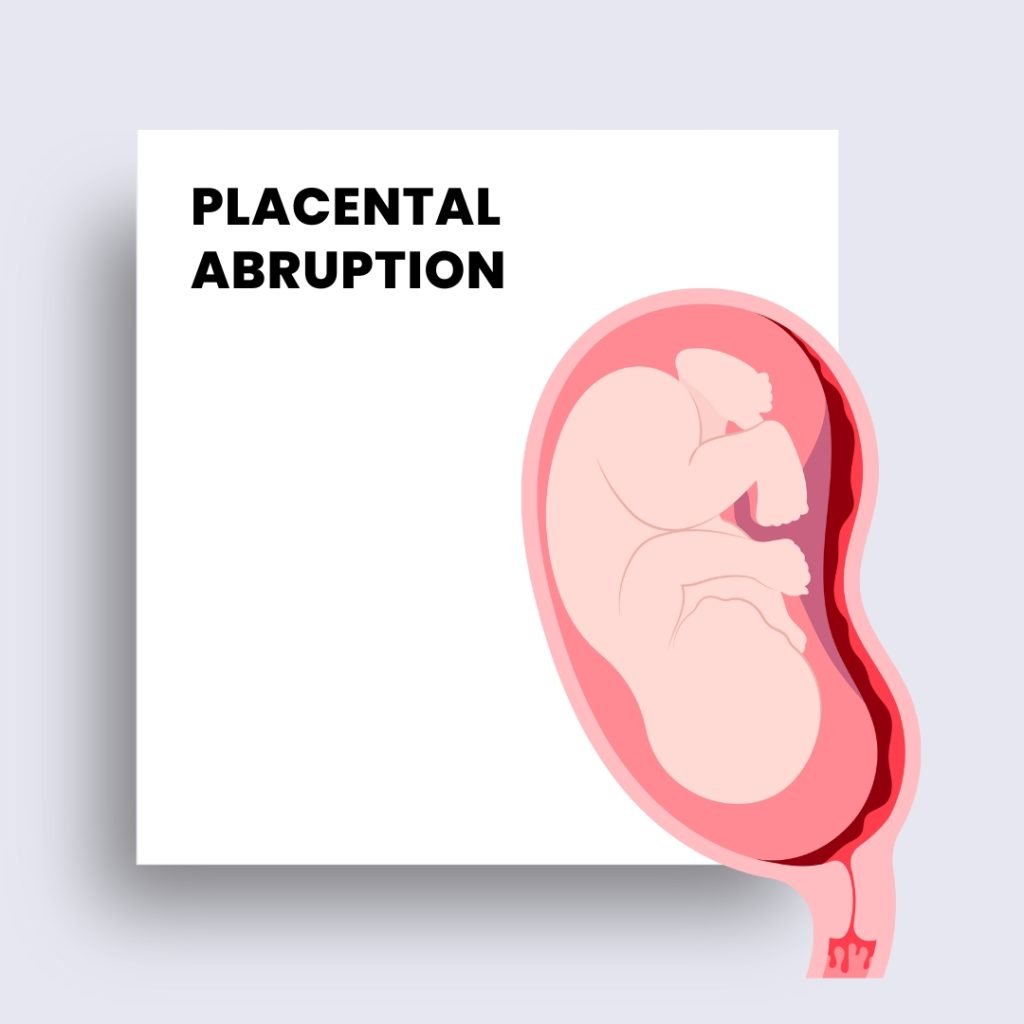
The placenta is the vital organ during pregnancy, as it attaches itself to the wall of the uterus and provides food and oxygen to the baby.
Placental abruption is a rare complication where the placenta is partly or completely detached from the uterus wall, which can cause brown bleeding during pregnancy.
Placental abruption is a serious complication, and it requires immediate medical help.
11. Placenta previa
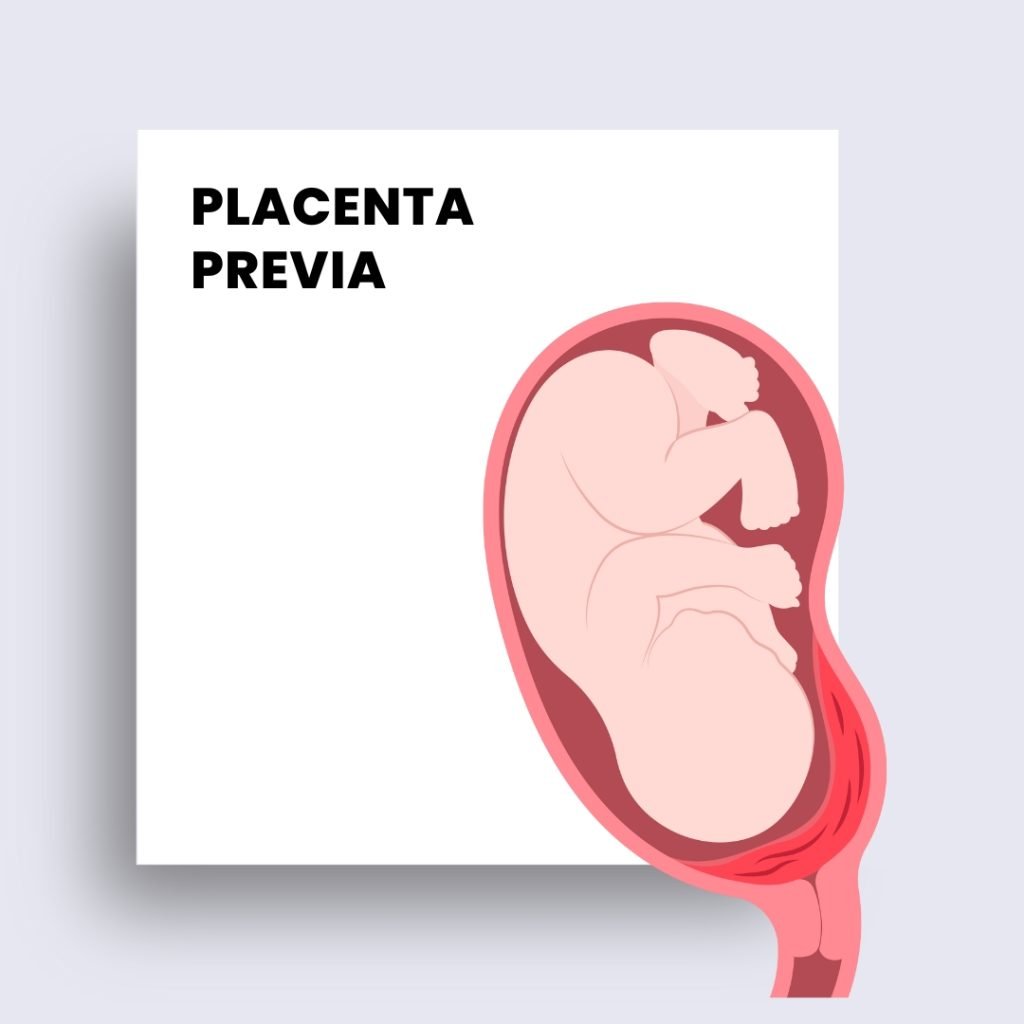
Placenta previa is a common pregnancy complication where the placenta attaches low in the uterus, covering the cervix either partially or completely. Placenta previa can cause brown spotting during pregnancy.
12. Vasa previa
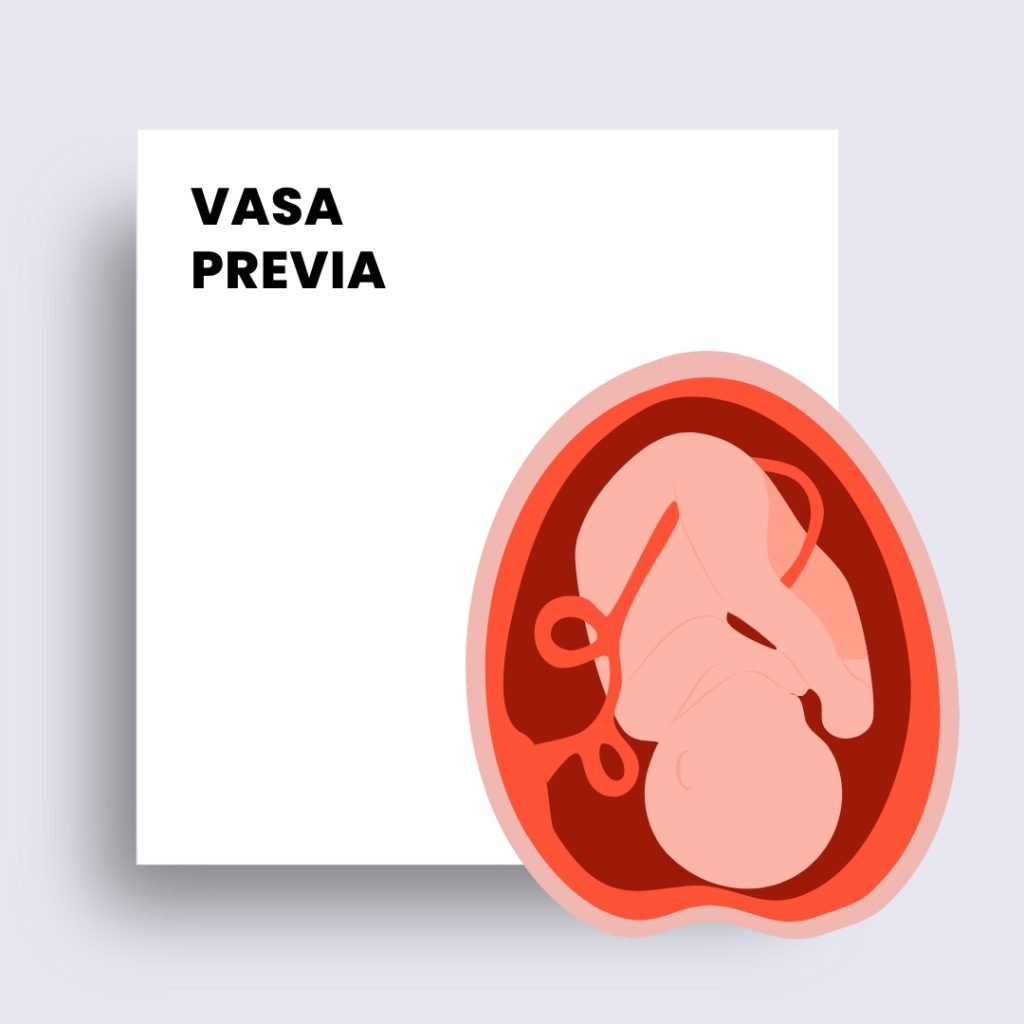
Usually, the blood vessel that brings oxygen and blood to the baby is the placenta.
In vasa previa, these blood vessels aren’t completely covered, and they might break when water breaks or when you try to push the baby out during labor.
Vasa previa is a serious condition that can cause brown spotting during pregnancy.
13. Premature labor

During the third trimester, if you face brown discharge from your vagina, it could mean that you are about to deliver. Brown discharge is one of the main symptoms of premature labor, and it requires immediate medical attention.
14. Missed abortion
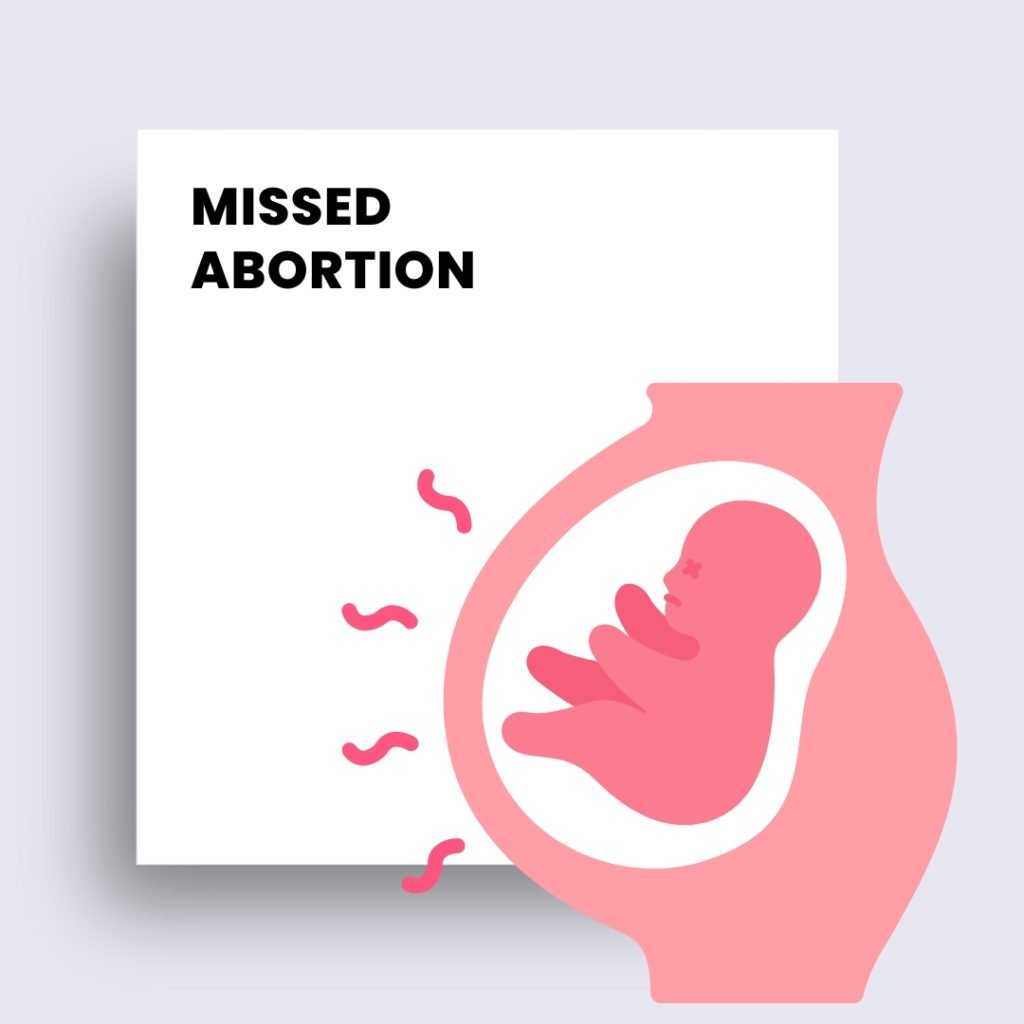
A missed abortion, also known as spontaneous abortion, is the condition where the fetus did not form or has stopped developing but the placenta and the embryonic tissues are still attached to the uterus.
Brown discharge during pregnancy could also be a symptom of a missed abortion.
How much spotting is normal during pregnancy?
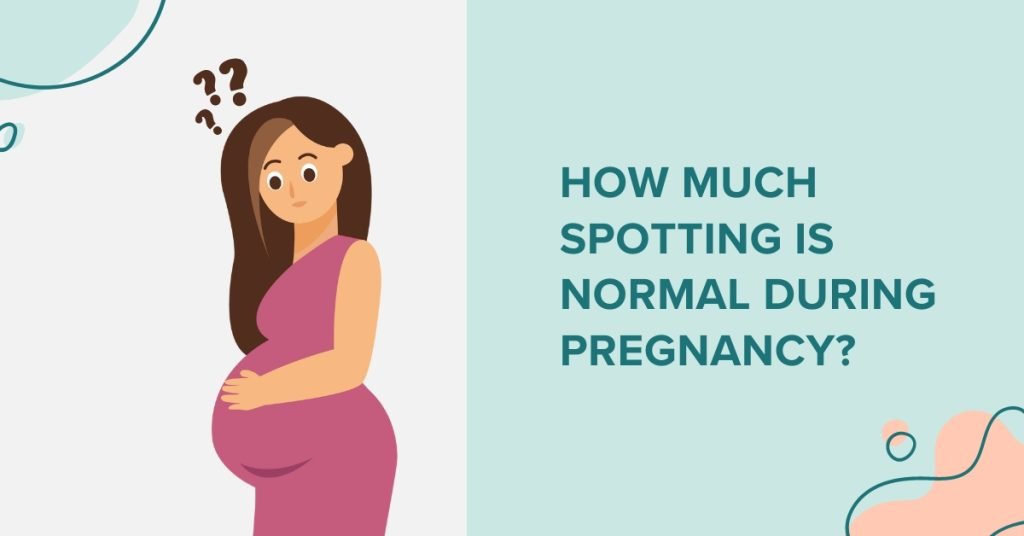
Although spotting during the first trimester is normal during pregnancy, the amount of blood you lose should be very little.
As the name suggests, spotting should be just a few drops of blood in your underwear with a period-like flow. If your flow is like your period, ensure to consult with a gynecologist immediately.
When will spotting stop during pregnancy?
Spotting is usually common during the first trimester of pregnancy, mainly during implantation. It should typically last for a few days and must stop.
Treatment: How do you treat spotting during pregnancy?
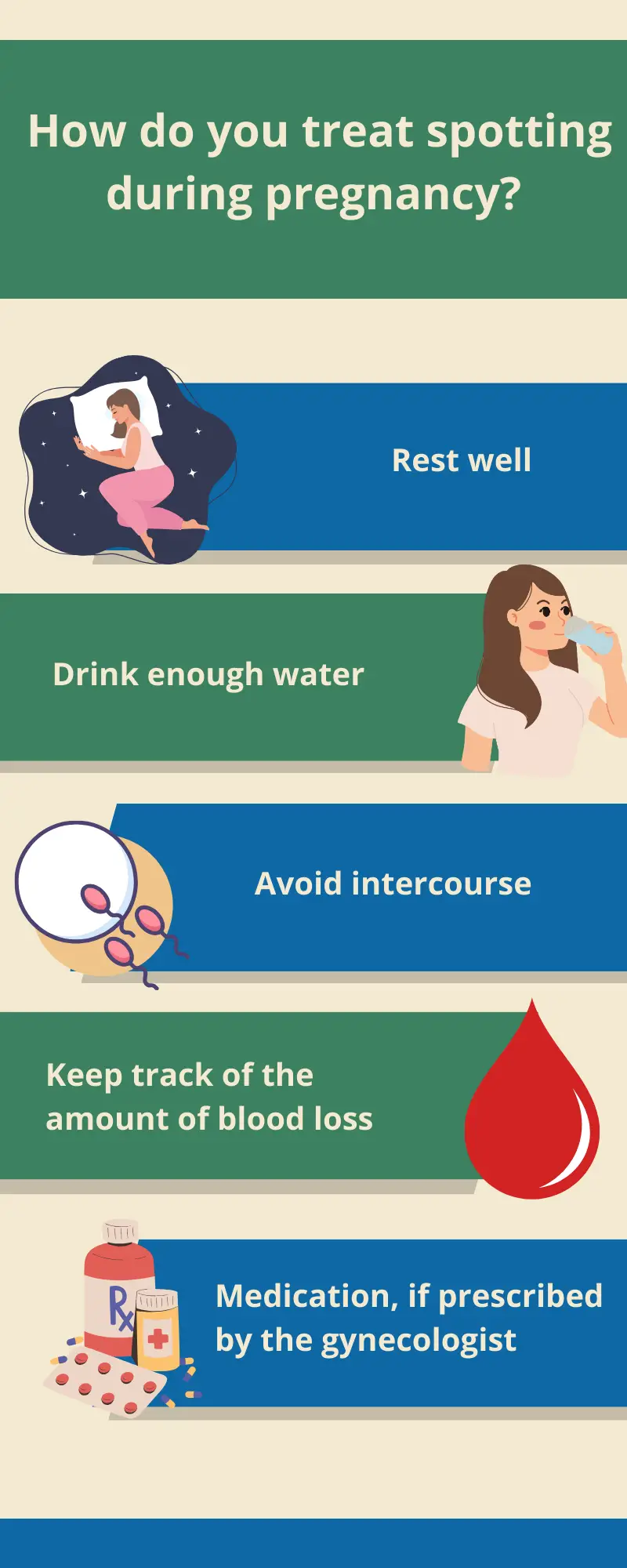
To treat spotting during pregnancy,
Consult with a gynecologist: Although spotting is common during the first trimester, it is important to consult with a gynecologist and check if everything is alright. Apart from that, it is important to:
- Rest well
- Drink enough water.
- Avoid intercourse
- Keep track of the amount of blood loss.
- Medication, if prescribed by the gynecologist
When to consult a doctor?
Consult a doctor if:
- There is spotting after the first trimester.
- The bleeding is heavy or is like periods.
- The bleeding is persistent.
- Cramps, along with spotting
Conclusion
Brown spotting during pregnancy, especially during the initial few days of conception, is pretty normal. But it is important to talk to your gynecologist about this.
For some women, brown spotting can also occur due to other conditions, including ectopic pregnancy, cervix issues, and infections, which need to be treated immediately.
For consultations with the best gynecologist in Chennai, Dr. Deepthi Jammi, contact Jammi Scans at 7338771733.
Jammi scans, previously known as Chennai women’s clinic
FAQ
1. Is it normal to have brown spotting during pregnancy?
Yes, it is normal to have brown spotting during the initial days of pregnancy. But anything after the second trimester needs immediate medical help.
2. Does brown spotting mean a missed miscarriage?
Although, in some cases, brown spotting indicates a miscarriage, it can also be implantation or regular spotting, which occurs in the first few days of conception. It is important to consult with a gynecologist if the bleeding is persistent and heavy.
3. What color is spotting in early pregnancy?
Although early pregnancy spotting can vary in color, it is usually pink, brown, or red in color.
4. Is it normal to have brown blood after a positive pregnancy test?
Yes, light spotting of brown-colored blood is common during the first trimester and is not something to be worried about.
Deepthi
Dr. Deepthi Jammi (Director, Jammi Scans) is a qualified OB/GYN and Post-Doc in Maternal Fetal Medicine. As a pregnancy ultrasound expert, she is passionate about healthy pregnancies and works towards spreading awareness on the latest diagnostic options available for parents to choose from. Dr.Deepthi has received gold medals and awards in Fetal Medicine at international and national conferences, and has appeared in numerous prestigious regional magazines and TV interviews.


